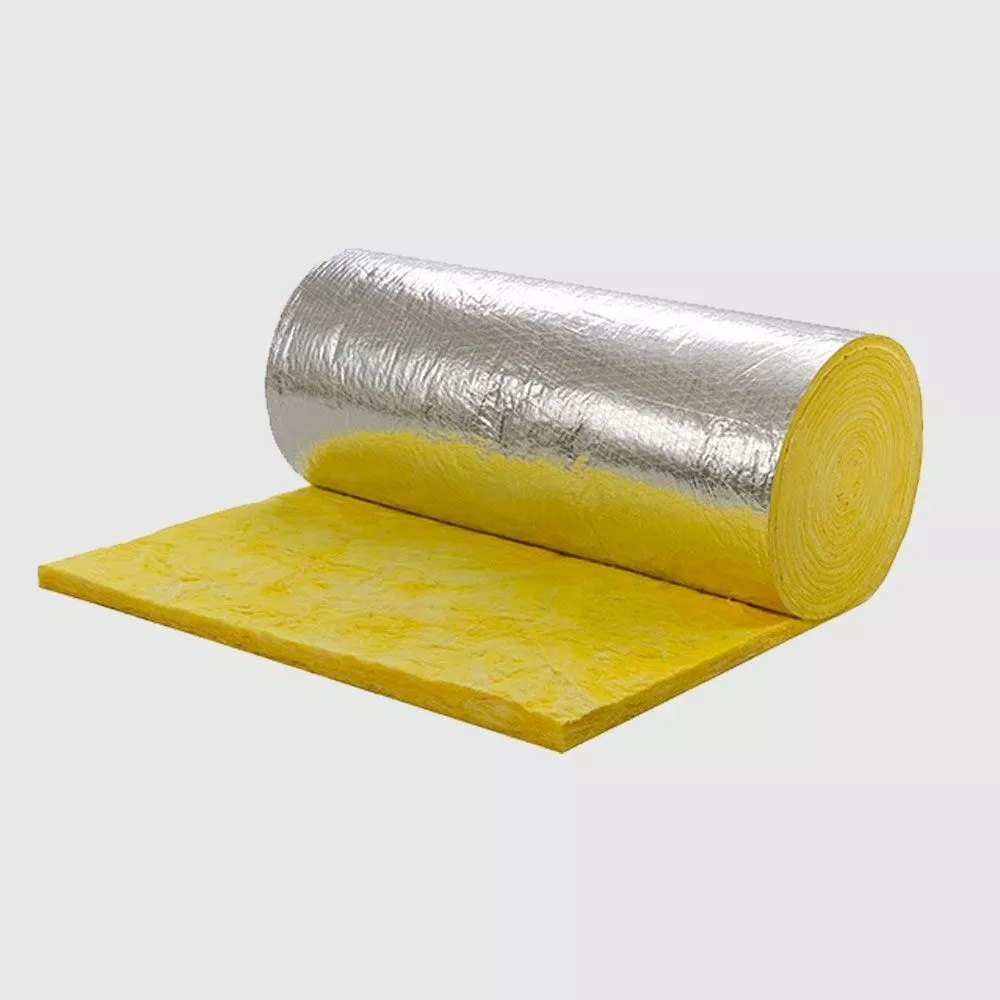Glass Wool, a dynamic thermal insulation material designed to enhance energy efficiency in diverse applications. Crafted from flexible glass fibers intricately intertwined, Glass Wool’s unique composition efficiently traps air, resulting in a low density that can be adjusted based on compression and binder content. These air cells, serving as the core insulator, contribute to its exceptional thermal performance.
Glass Wool offers adaptability in installation, serving as a loose-fill material suitable for attics or as a spray-applied or bonded insulation beneath structures. Its flexibility extends to sheets and panels, making it an ideal choice for insulating flat surfaces such as walls, ceilings, curtain walls, and ducting.
Whether applied in cavity wall insulation, ceiling tiles, or for soundproofing purposes, Glass Wool stands out as a reliable solution. Its versatility extends to insulating piping, ensuring comprehensive thermal control in various settings.
Key Applications:
- Attic Insulation: Glass Wool’s loose-fill form makes it an excellent choice for insulating attics, effectively preventing heat transfer.
- Structural Insulation: Applied as a spray or bonded insulation, Glass Wool enhances energy efficiency in structures, sheets, and panels, contributing to a more sustainable and comfortable environment.
- Flat Surfaces: Widely used in cavity wall insulation, ceiling tiles, curtain walls, and ducting, Glass Wool provides consistent thermal insulation across flat surfaces.
- Piping Insulation: Glass Wool is employed to insulate piping, ensuring optimal temperature control and energy conservation.
- Soundproofing: Beyond thermal insulation, Glass Wool serves as an effective material for soundproofing, contributing to enhanced acoustics in various spaces.

